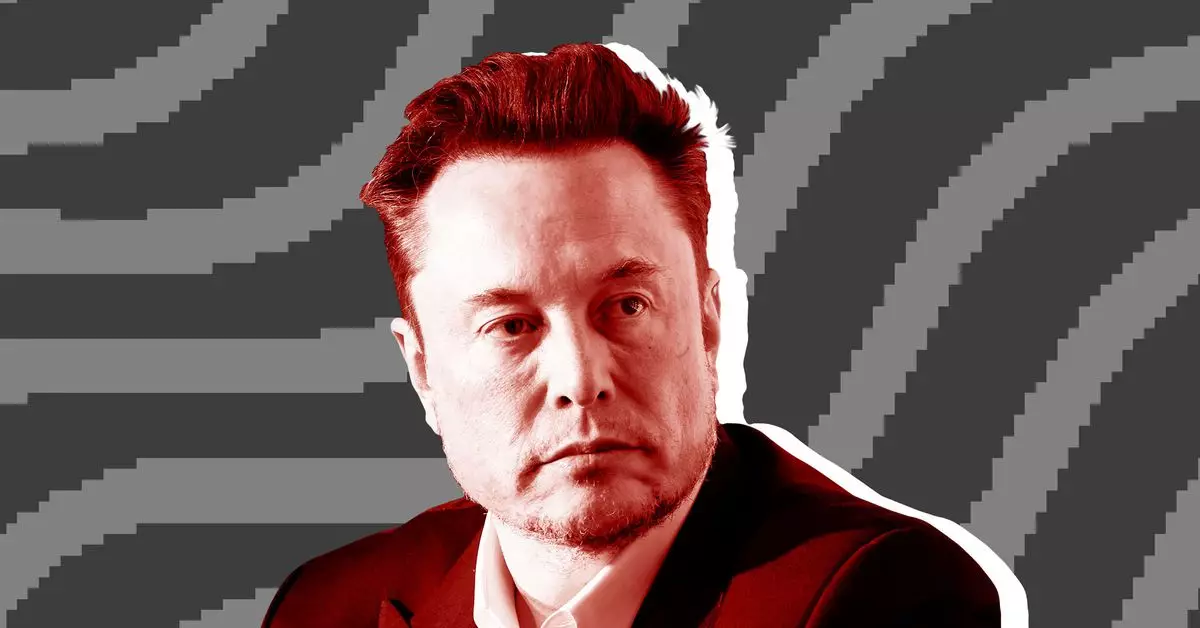In a bold maneuver that has captured both headlines and public attention, President-elect Donald Trump has chosen tech magnate Elon Musk and entrepreneur Vivek Ramaswamy to spearhead a new initiative dubbed the Department of Government Efficiency (DOGE). The choice of acronym is both curious and fitting, providing a playful nod to the prominent cryptocurrency, Dogecoin, which Musk has famously championed. This unprecedented interplay between the realm of tech and government reflects not only a shift in policy approach but also a radical vision for transforming the structure of the federal government.
Musk and Ramaswamy’s primary directive is to dismantle bureaucratic inefficiencies and cut excess regulations that they believe obstruct governmental function. This vision aligns seamlessly with Trump’s campaign promises of fostering a more agile government, one that prioritizes efficiency and accountability over sluggish processes riddled with waste. The stated objective of DOGE is to create a streamlined governance model that resembles the private sector’s operational speed and flexibility. However, the practicality of such sweeping reforms raises several critical questions. Can the extensive tapestry of American bureaucracy truly be altered without facing significant pushback from established entities?
Musk’s background in technology inherently suggests a potential for innovative methodologies to emerge through DOGE. His advocacy for cutting-edge solutions brings forth the question of whether advanced technologies, such as artificial intelligence and data analytics, might be leveraged to identify inefficiencies and propose viable solutions. However, any initiative relying heavily on tech disruption must consider the potential consequences, including privacy concerns and the risk of alienating those within traditional bureaucratic roles.
Despite the promising rhetoric surrounding DOGE, one cannot overlook the complex nature of the U.S. government structure. The vast scale of potential cuts, estimated by Musk to be as much as $2 trillion, requires careful deliberation. Critics argue that systematic reductions of this magnitude could lead to adverse societal impacts, especially with regards to essential social programs. The feasibility of such cuts, particularly if they affect defense budgets or Social Security, calls into question the very foundation of how government operates within society.
The concept of introducing an “external” task force to remedy internal inefficiencies has raised eyebrows among political analysts and historians alike. Critics warn of the dangers posed by circumventing traditional channels of governance, which could lead to claims of overreach or a lack of accountability. Moreover, Trump’s statement implying that Musk and Ramaswamy’s efforts could be likened to “The Manhattan Project” suggests a monumental undertaking that might be fraught with controversy. This has evoked skepticism about whether such ambitious goals can produce tangible enhancements without spiraling into bureaucratic chaos or partisan conflict.
Furthermore, the initiative’s commencement aligns closely with a cultural landscape dominated by swift technological change and the maximization of negative commentary—both of which are already manifesting in the media discourse surrounding DOGE. The interplay between the tech community and governmental efficiency will undoubtedly provoke a broad spectrum of responses, including skepticism from traditionalists and adulation from futurists who crave innovation in public administration.
As Musk and Ramaswamy embark on their quest to reshape American bureaucracy, citizens are justly eager to see what tangible outcomes emerge by the targeted deadline of July 4, 2026. If successful, DOGE could represent a fundamental shift not only in how government operates but also in how citizens engage with civic processes. However, given the obstacles they will undoubtedly encounter—bureaucratic inertia, public skepticism, and potential legislative roadblocks—the success of DOGE hinges on effective communication and transparent governance.
DOGE encapsulates both the excitement and trepidation surrounding the intersection of technology and government reform. While the objectives espoused by Musk and Ramaswamy resonate with a populace eager for change, the pathway to achieving such lofty goals is fraught with uncertainty. As the initiative unfolds, it will serve as a critical case study for both supporters and detractors looking to understand the role of private-sector mindsets in public governance.

